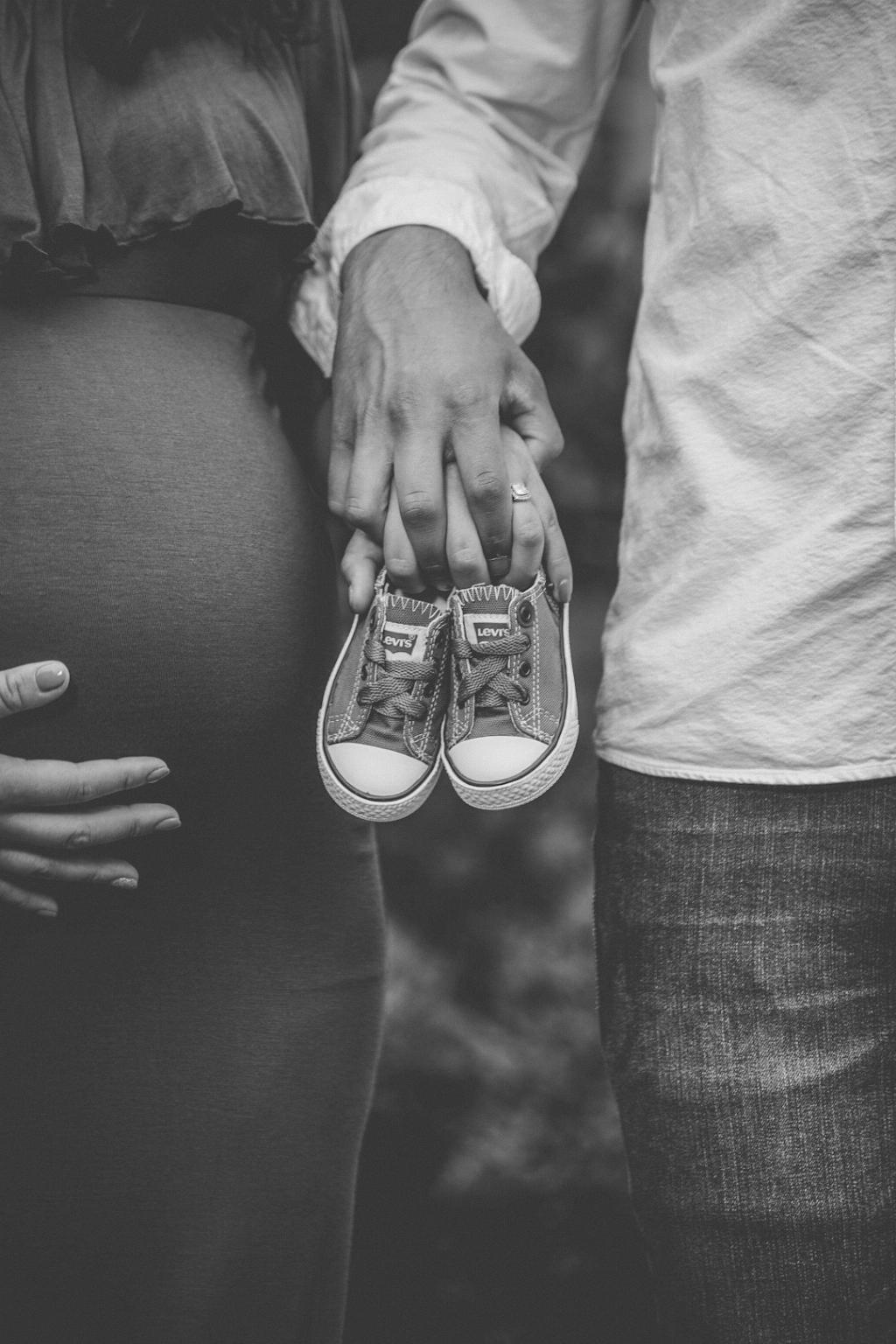When it comes to discussing the effects of alcohol consumption in the first 2 weeks of pregnancy, there are conflicting views within the scientific community. Some studies indicate that drinking during this critical period can potentially harm the development of the fetus, while others suggest that it may not have adverse effects. This debate underscores the complexity of alcohol’s impact on early pregnancy and the need for further research to fully understand its consequences.
Potential Risks of Drinking Alcohol in the First 2 Weeks of Pregnancy
One of the primary concerns with consuming alcohol in the first 2 weeks of pregnancy is the increased risk of miscarriage. Alcohol exposure during this time can disrupt the delicate process of embryo implantation and early fetal development, potentially leading to pregnancy loss. Moreover, alcohol can adversely affect the DNA and cell division processes that are crucial for the healthy growth of the fetus.
Developmental Impacts on the Fetus
Research has shown that alcohol exposure during early pregnancy can have lasting developmental impacts on the fetus. The neural tube, which eventually develops into the brain and spinal cord, begins to form in the first few weeks of pregnancy. Alcohol consumption during this critical period can disrupt the normal development of the neural tube, leading to structural abnormalities and neurodevelopmental disorders in the baby.
Neurobehavioral and Cognitive Effects
Studies have also highlighted the potential neurobehavioral and cognitive effects of alcohol exposure in early pregnancy. Alcohol can interfere with the proper development of the fetal brain, impacting cognitive functions, learning abilities, and behavior later in life. This underscores the importance of avoiding alcohol during the early stages of pregnancy to support healthy brain development in the baby.
Impact on Organ Formation
Organ formation is a critical process that occurs in the first few weeks of pregnancy. Alcohol consumption during this period can disrupt the normal development of organs such as the heart, liver, and kidneys, leading to structural abnormalities and functional impairments. These effects can have long-term consequences on the health and well-being of the child, highlighting the importance of maintaining a alcohol-free pregnancy.
Genetic and Epigenetic Effects
Alcohol exposure in early pregnancy can also have genetic and epigenetic effects on the fetus. Studies have suggested that alcohol can induce changes in gene expression patterns and DNA methylation, altering the way genes are regulated and increasing the risk of health conditions later in life. These molecular changes underscore the need to prioritize a healthy and alcohol-free pregnancy for optimal fetal development.
Maternal Health Considerations
It is essential to consider the impact of alcohol on maternal health during the first 2 weeks of pregnancy. Alcohol consumption can disrupt hormonal balance, increase oxidative stress, and impair nutrient absorption, affecting the overall health of the mother and potentially influencing fetal development. Prioritizing maternal health through healthy lifestyle choices is crucial for supporting a successful pregnancy.
Importance of Prenatal Care and Support
Prenatal care plays a vital role in safeguarding the health and well-being of both the mother and the fetus. Healthcare providers can offer guidance on the importance of avoiding alcohol during pregnancy, provide support for women struggling with substance use, and monitor fetal development to address any potential concerns early on. Access to comprehensive prenatal care is key to promoting a healthy pregnancy and reducing the risk of alcohol-related complications.
Educational Initiatives and Awareness Campaigns
Educational initiatives and awareness campaigns can play a crucial role in informing women about the risks of alcohol consumption in early pregnancy. By raising awareness about the potential consequences of drinking during the first 2 weeks of pregnancy, these initiatives can empower women to make informed decisions and prioritize the health of their unborn child. Comprehensive and accessible education is essential for promoting healthy behaviors during pregnancy.
Conclusion: Prioritizing a Healthy and Alcohol-Free Pregnancy
Ultimately, the question of what happens if you drink in the first 2 weeks of pregnancy underscores the importance of prioritizing a healthy and alcohol-free pregnancy. While the scientific evidence on the exact effects of alcohol during this early stage may be inconclusive, erring on the side of caution and abstaining from alcohol is crucial for supporting optimal fetal development and maternal health. By making informed choices and seeking support from healthcare providers, women can nurture a safe and nurturing environment for their growing baby.

